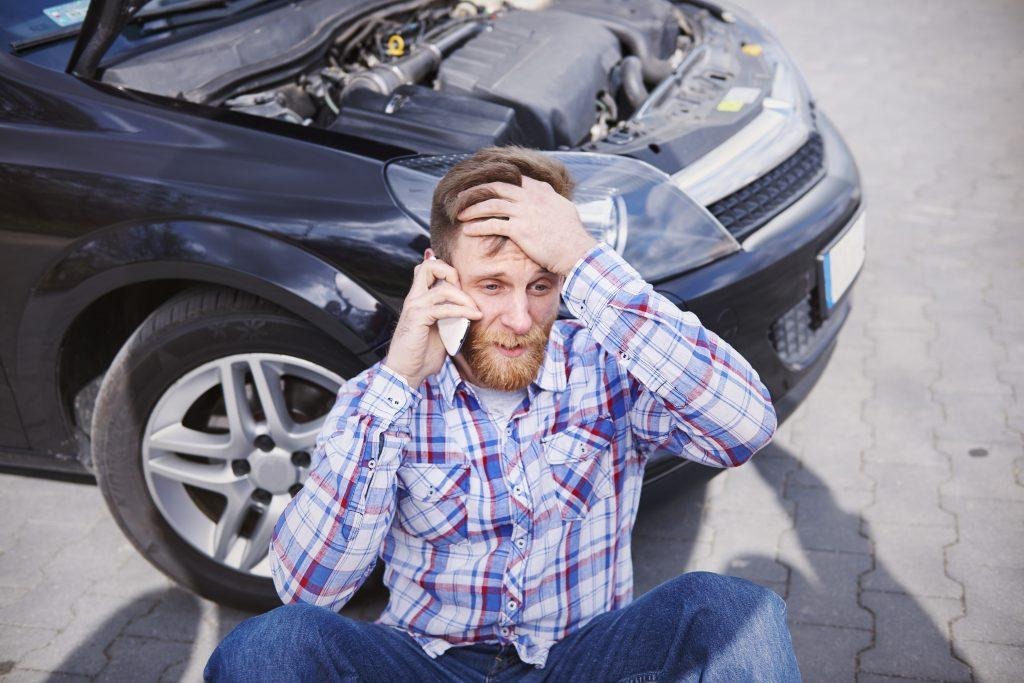Car accidents are scary. They happen in a split second, often changing lives forever. Most people think of distracted driving, speeding, or drunk driving as the usual causes. But there’s another reason that often gets overlooked—vehicle defects. Sometimes, it’s not the driver’s fault at all. The car itself might be to blame.
If you’ve been in a crash and suspect something went wrong with your car, it’s worth digging deeper. You could be dealing with a mechanical defect—something that should never have happened in the first place. In cases like these, you might be owed more than you realize. Want to know more about car accidents caused by mechanical defects? Let’s break it down together.
What Are Vehicle Defects?
Vehicle defects are flaws in how a car is designed, built, or maintained. These can affect safety systems like brakes, airbags, tires, or even the steering. Some defects happen during manufacturing. Others might be part of a poor design that was never fixed.
A simple example is a faulty airbag that doesn’t deploy during a crash. Or brakes that suddenly stop working. These kinds of failures can turn a minor accident into a serious one. And if the car part failed when it shouldn’t have, the car maker or parts manufacturer might be legally responsible.
Common Types of Defects That Cause Crashes
Not every car issue is a legal matter, but certain defects are known to cause real danger. These include:
- Brake failure: If your brakes stop working suddenly, it’s almost impossible to avoid a collision.
- Tire blowouts: Defective tires can lose pressure or burst even with proper care.
- Steering system problems: If your steering locks up or pulls, you lose control fast.
- Faulty airbags: Airbags that don’t deploy—or deploy with too much force—can make injuries worse.
- Electrical failures: Fire hazards or lights failing during a night drive are extremely risky.
When any of these issues occur, it’s important to consider if it’s a manufacturer’s fault, not yours.
Who Can Be Held Responsible?
When a car defect causes a crash, several parties might be to blame. It could be:
- The automaker, for a design or manufacturing error.
- A parts supplier, for selling a faulty component.
- A dealership or repair shop, if they failed to fix a known problem.
- Even a used car seller, if they sold a car with known defects without telling you.
In some cases, multiple parties may be responsible. That’s why these cases can get complicated. But if handled right, they can lead to larger settlements than a regular car crash claim.
How Can You Prove It Was a Defect?
Proving a defect caused the crash isn’t easy, but it’s possible. It starts with a detailed investigation. Things like:
- Your car’s repair and maintenance records
- Crash scene photos
- Witness reports
- A professional vehicle inspection
A lawyer experienced in product liability cases can also help gather expert testimony. They’ll know how to trace the failure and connect it to the accident.
What Can You Be Compensated For?
If a defect caused your crash, you may be able to recover more than just basic damages. You could be owed:
- Medical expenses
- Lost income
- Pain and suffering
- Costs of future care
- Punitive damages (in cases of serious negligence)
These claims are often larger than standard car crash claims because manufacturers are held to a higher duty of care. They’re supposed to make safe products for the public.
Final Thoughts
A car crash is hard enough to deal with. But if it was caused by a defect, you shouldn’t have to carry the burden alone. The law gives you the right to hold the right people accountable. Don’t let it slide just because it wasn’t a typical accident.
If something felt off during your crash—if your brakes didn’t respond, your airbags didn’t work, or the steering acted weird—it’s worth looking into. You might be owed more than you think.



